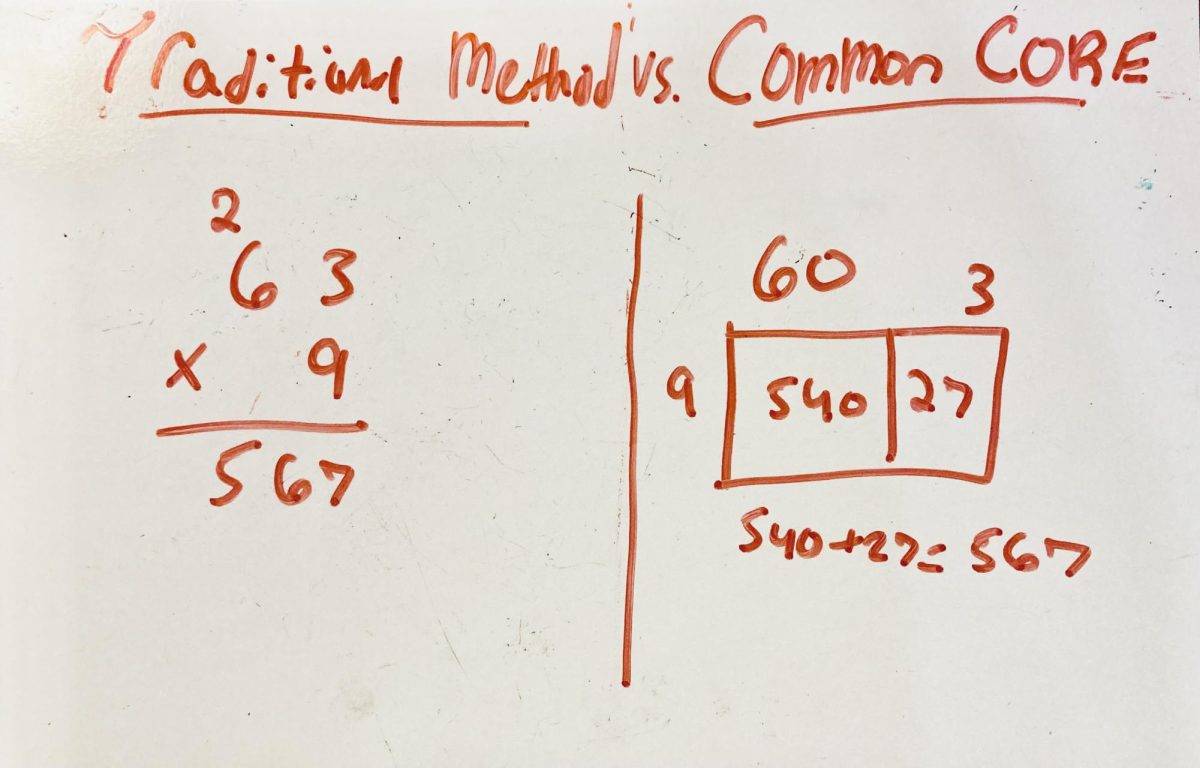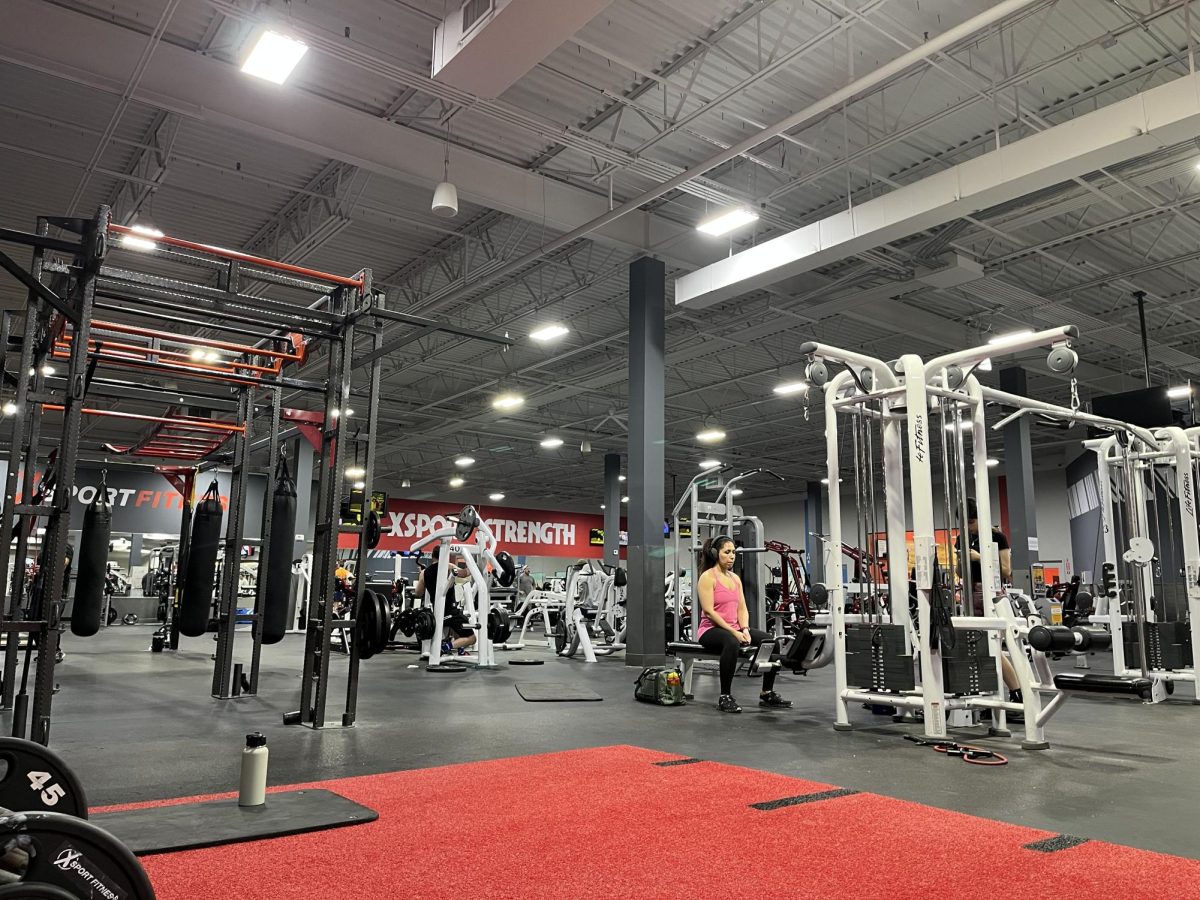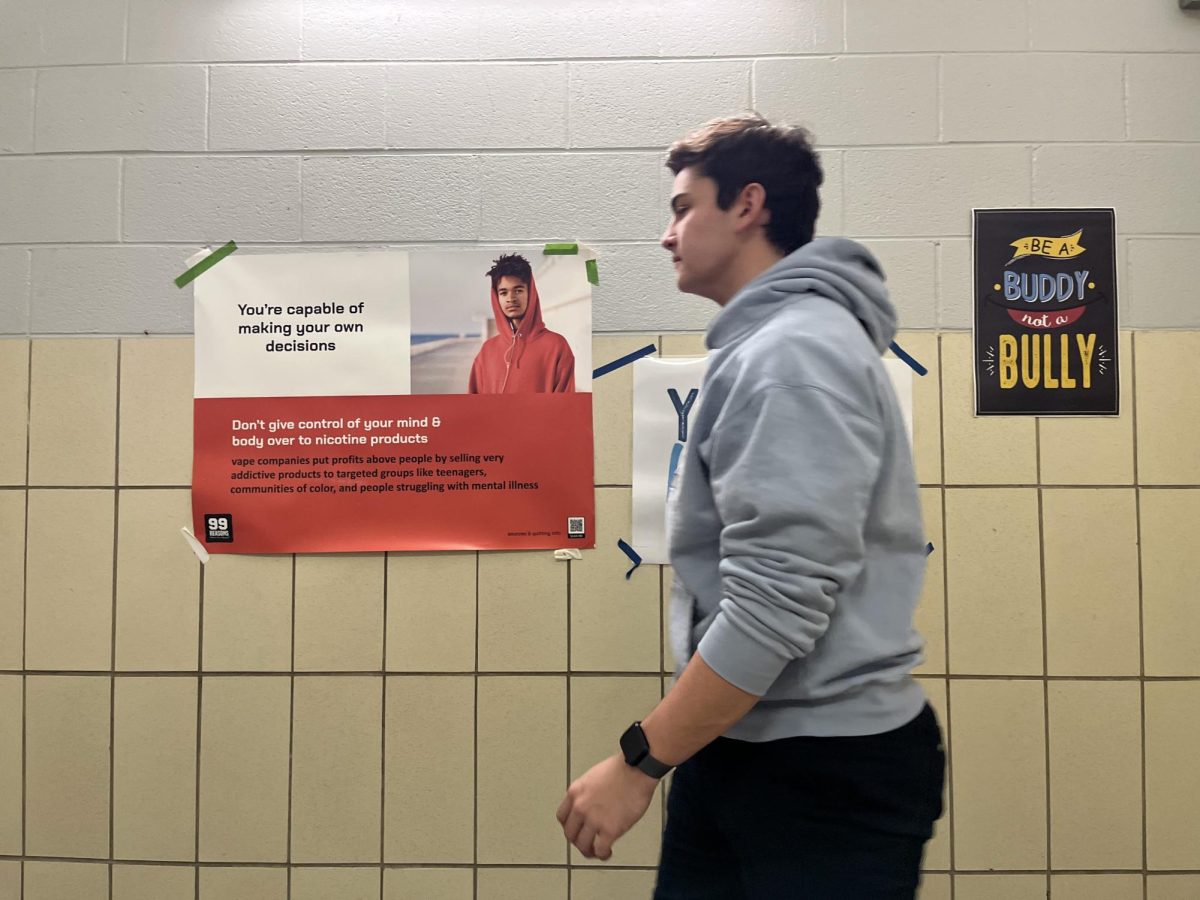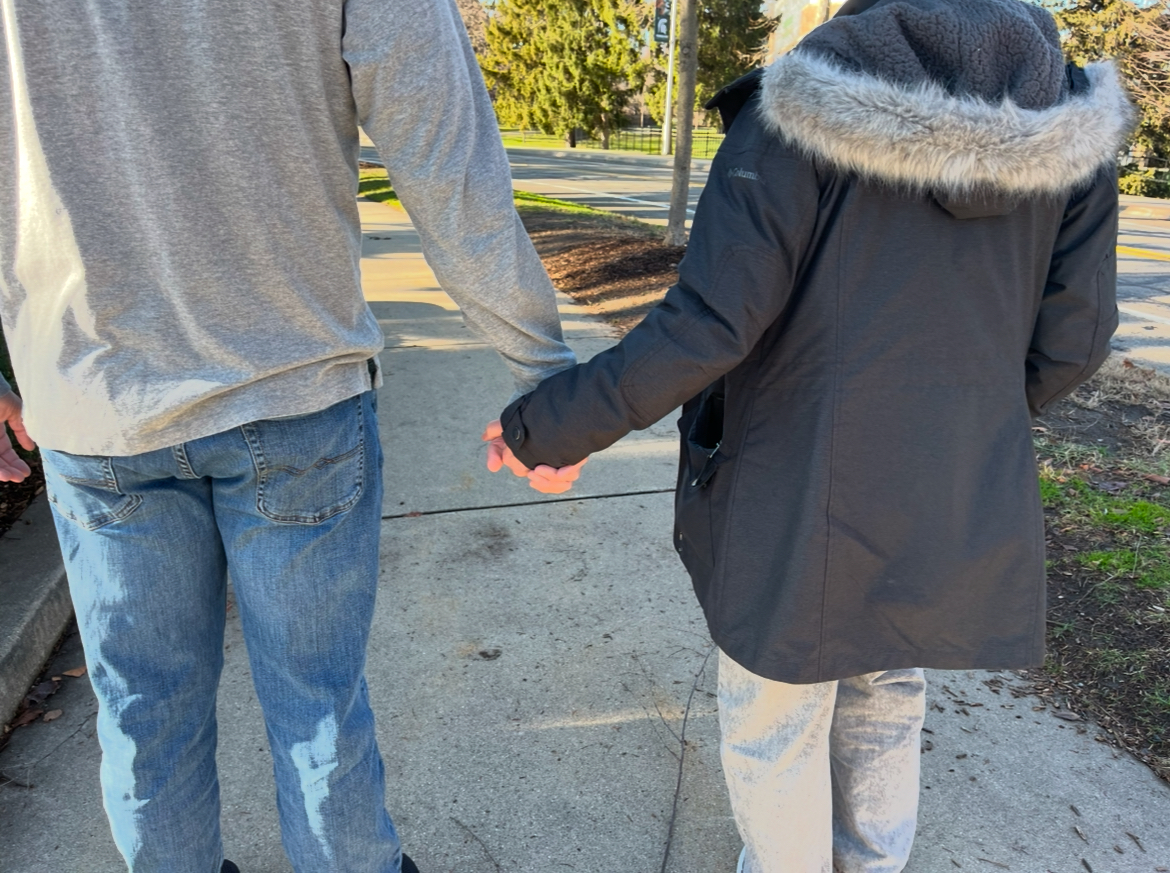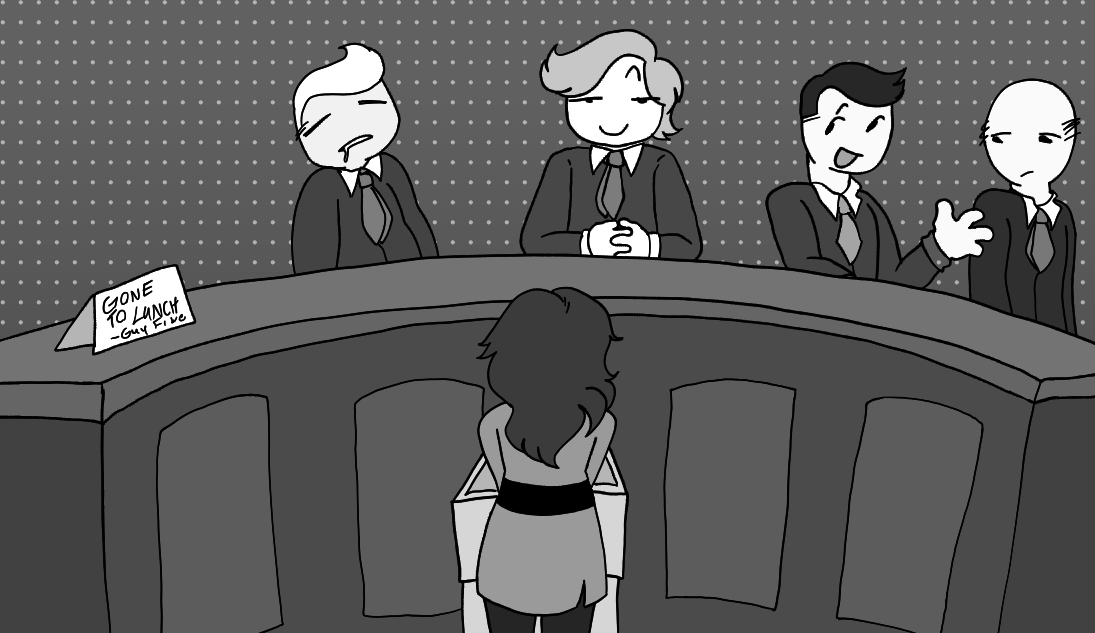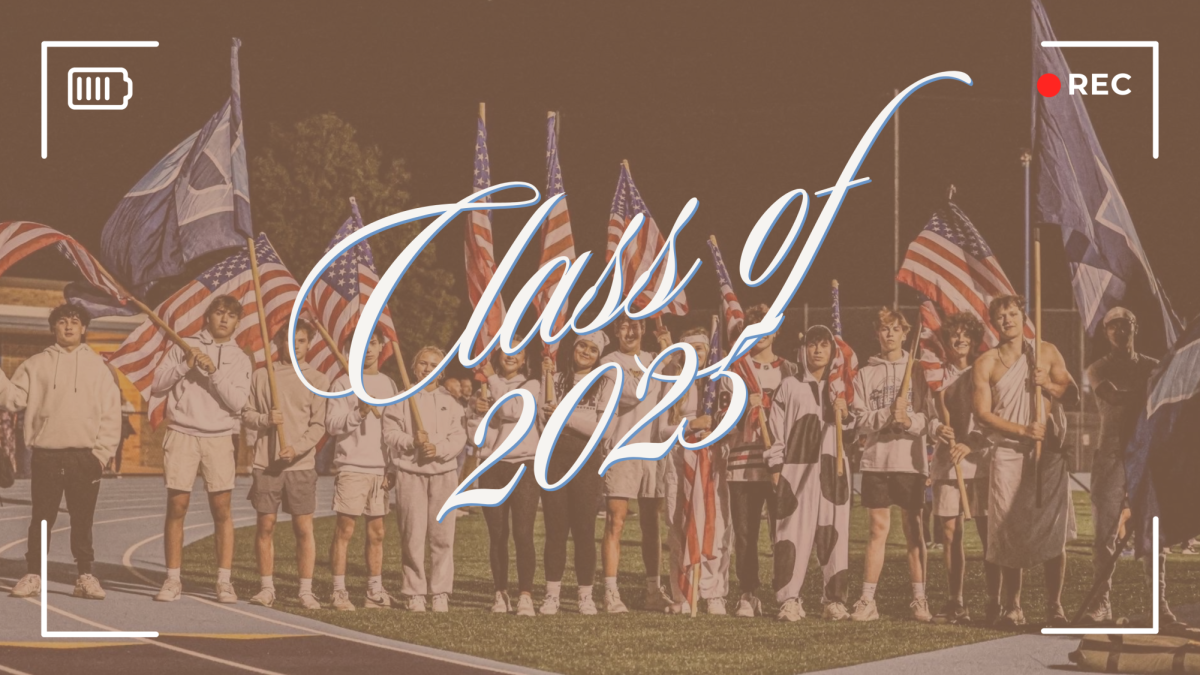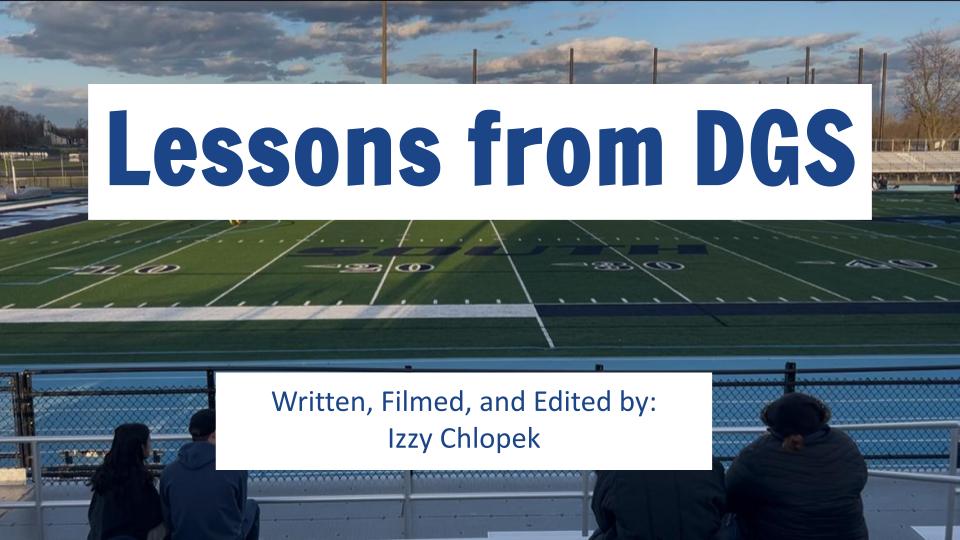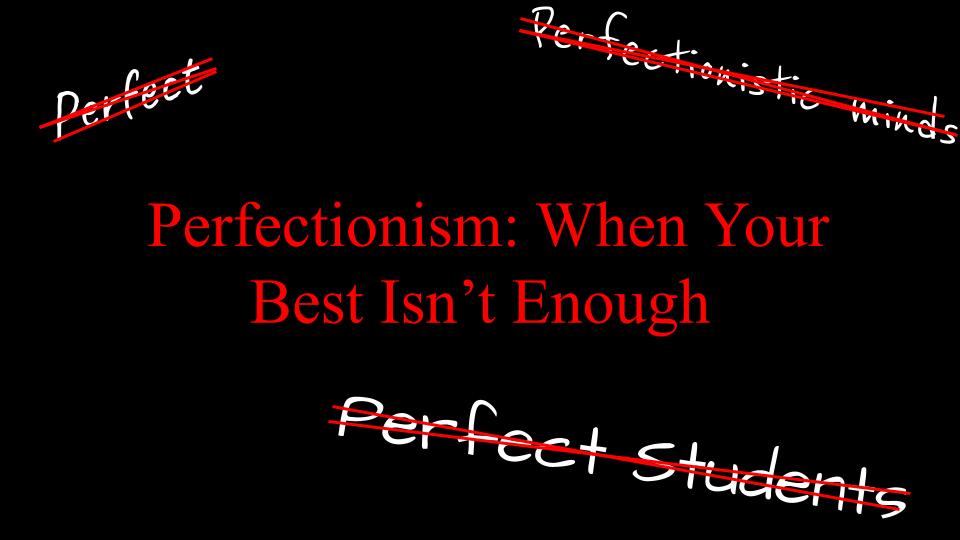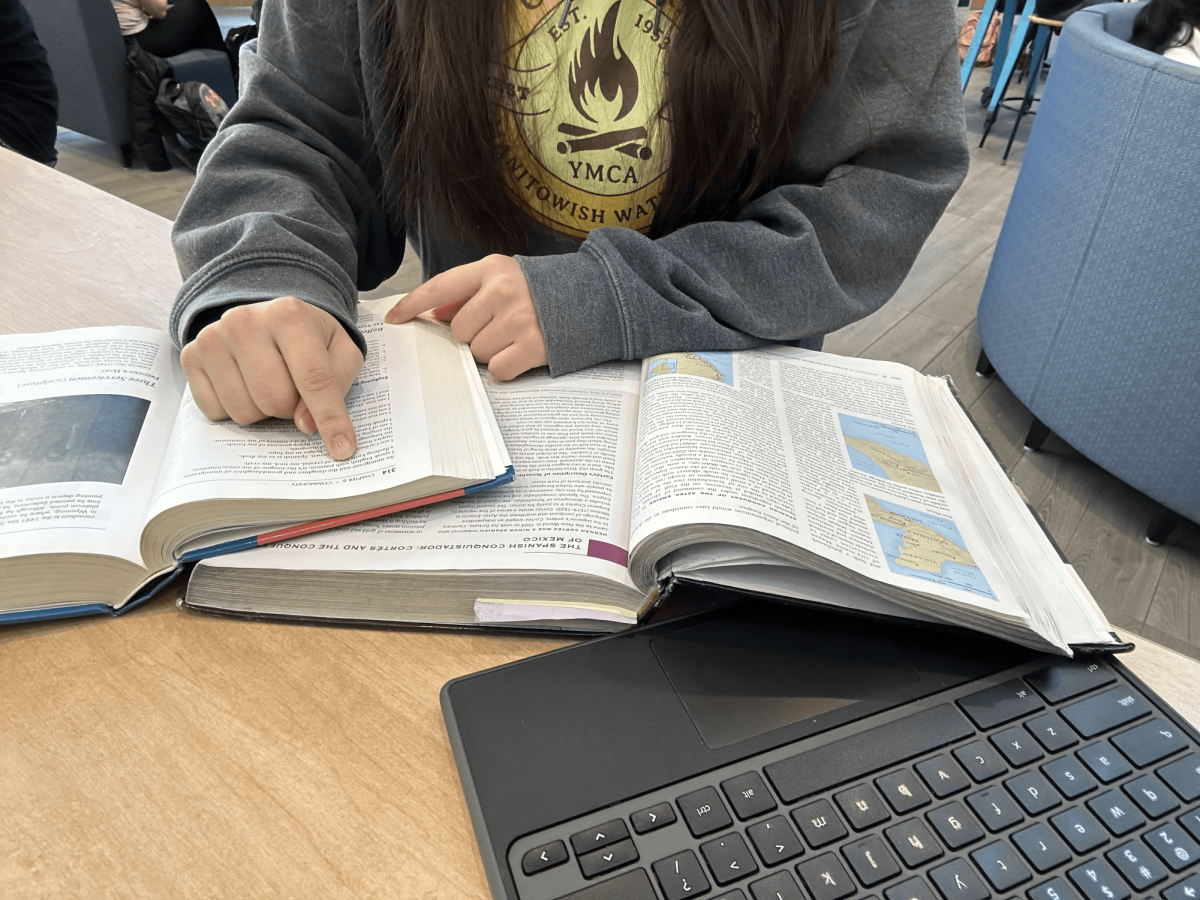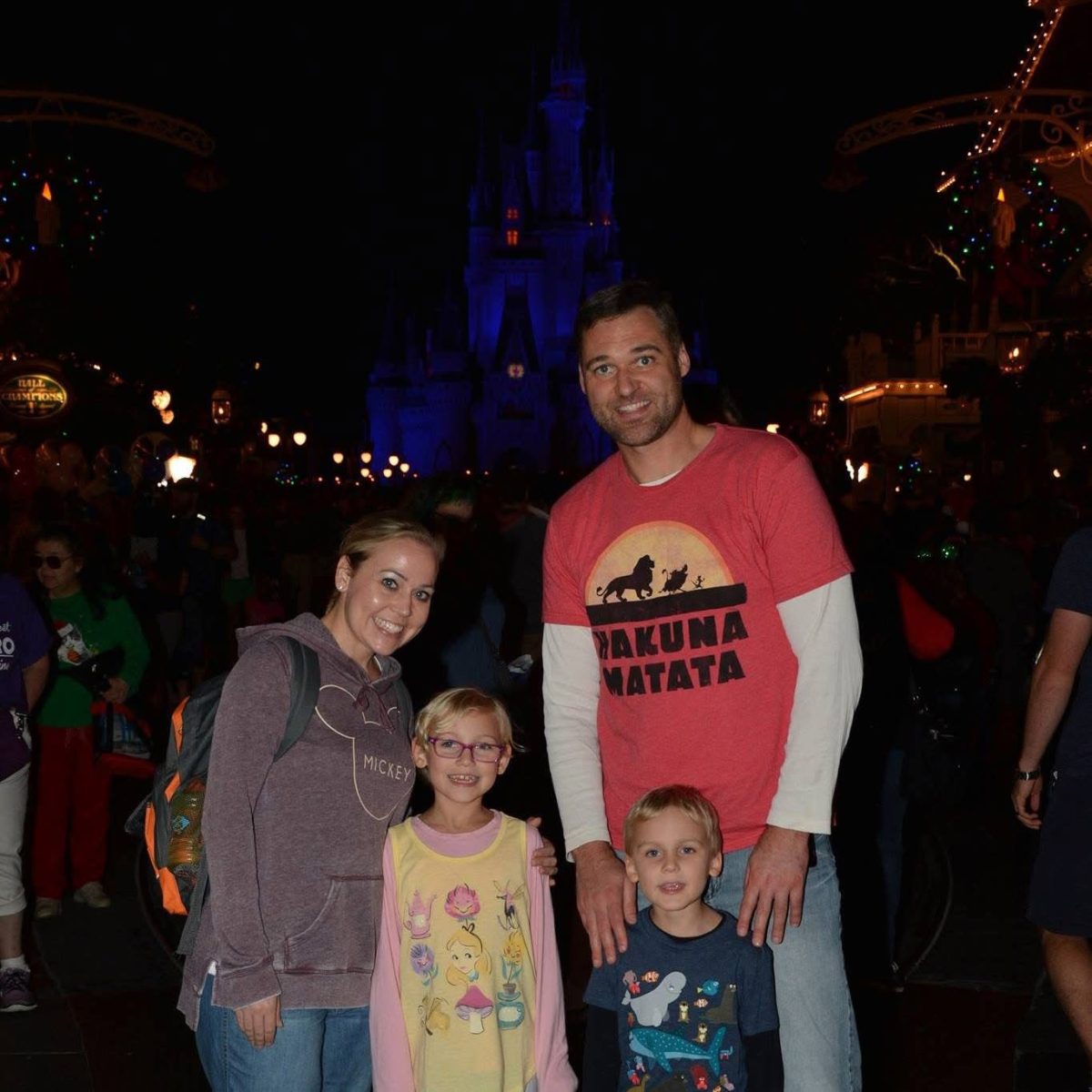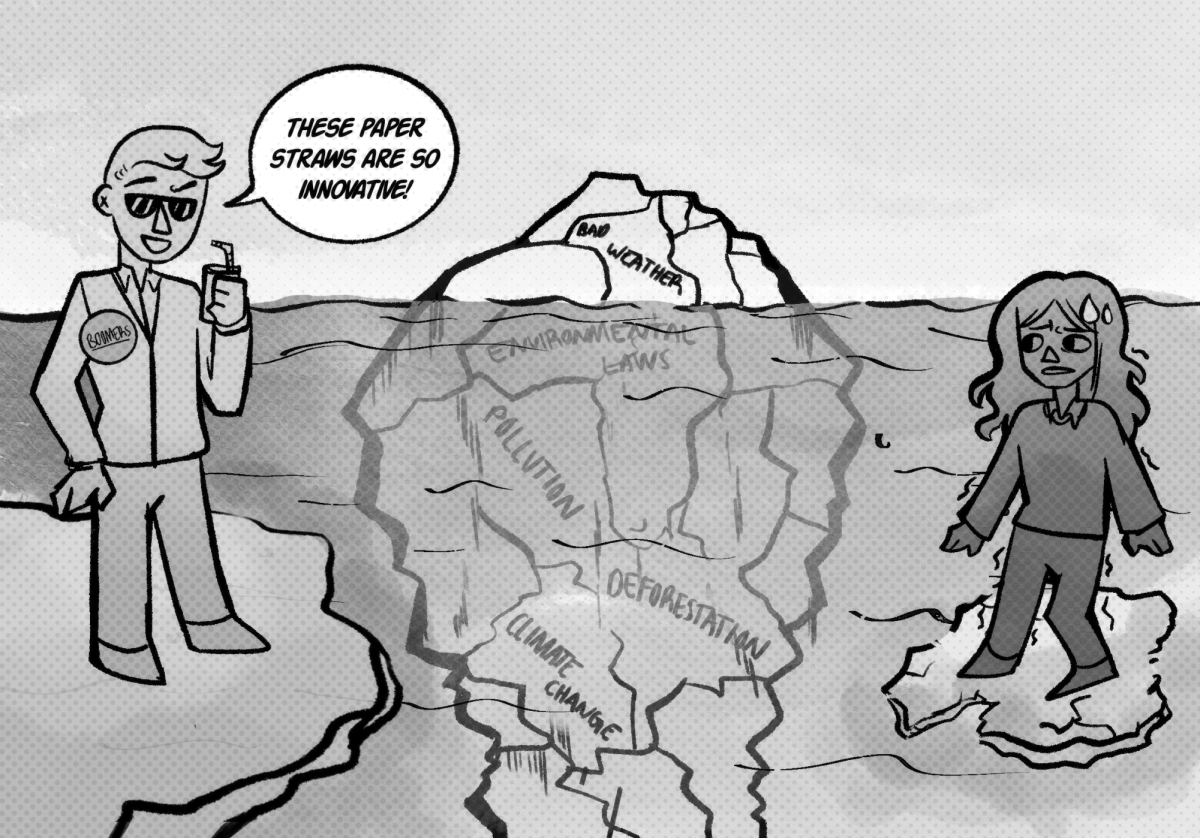Thirty years ago the world experienced an incredible growth in the number of democracies globally. Political scientist Samuel Huntington dubbed this, “Democracy’s Third Wave,” which resulted in communist and fascist dictatorships collapsing from economic pressure, political instability and mounting resistance movements from within.
But recently the tide has turned; this year, The Global State of Democracy Initiative found democracy to be growing in only nine countries, while democratic backsliding was taking place in 29, including the United States. Democratic backsliding is defined as the erasure or elimination of democratic norms, voting rights, trust in elections or desires to live in a democratic nation.
The United States has always had an important role in fostering global democracy. From leading the NATO alliance, supplying democracies like Taiwan and South Korea with weapons, and reaching out to new democratic nations via diplomacy, the United States often finds itself on the front-line of defending democracy. Thus, when democracy is in crisis here, it is in crisis everywhere and the onus to save democracy worldwide is primarily upon Americans.
A poll conducted by Partnership and FreedmanTrust, found that 65% of Americans do not believe that their government listens to public opinion and 52% say that the government is not effective. This is the very crux of democratic backsliding around the world: people fundamentally do not believe that democracy is working; and thus, it is not worth saving. The threat of authoritarianism is present, perhaps more than ever, in this nation and the only cure for it is fixing our democracy.
Americans must unite to abolish the practice of gerrymandering. The practice has allowed politicians to pick their voters-amounting to absurd districts that seek to ensure that the party in power stays in power. In Illinois alone, the state legislature weaponized redistricting to decrease the voting power of rural voters, and drew maps that intentionally snaked through more liberal areas to hand themselves more power.
Some states have instead opted to hand power to a non-partisan committee that has no motive to draw unfair maps for any party. This practice ultimately gives power back to the voters who are able to vote in fairly drawn districts.
In addition, campaign finance must be reformed to reflect the general population instead of the ultra wealthy. Ever since the Citizens United ruling from 2010 took effect, those with incredible wealth have had an increase in their power influencing political policy and political practice.
The ruling paved the way for the birth of super PACs, which the court defined as an “independent” group that supports a politician’s campaign or a policy. These groups though are rarely independent, and often coordinate directly with a politician’s campaign.
The incredibly wealthy have funneled billions of dollars into these PACs because they are not subject to election laws. Due to this, those with incredible wealth can drop millions of dollars to sway a politician’s opinion. This level of corruption is corroding the trust of all Americans in their politician’s true motivations and policies.
One simple fix is to pressure the Federal Elections Commission (FEC) to update its rules to attempt to enforce a basic amount of oversight within the framework of Citizens United. Ultimately though, public donations should be entirely eliminated from politics because they elevate the voices of those who have money to give-decreasing the power of the poor and impoverished.
Candidates must be limited to a set amount of money per campaign: funded by the government. This would even the playing field for lower and middle-class candidates who cannot afford to loan their campaign money, elevate candidates who are more fiscally responsible, decrease political corruption and political favors for the wealthy and decrease the growing cost of elections.
Finally, America must ditch the electoral college and adopt a popular vote for the president chosen with ranked-choice voting. The current process has allowed for five presidents of the 44 presidents to win the election without winning the popular vote-meaning their opponents garnered more votes but lost anyway.
Moreover, 19 presidential races resulted in the winner having less than 50% of the popular vote. This has allowed extremist candidates, who did not gain the trust of the majority, to eke out a victory riding on a slim plurality of voters in a few key states. The solution is having voters rank candidates from best to worst, which would mean people could vote for a third party without “spoiling” the election and every candidate would have to appeal to the majority-not a party base.
The president should represent the people, that’s democracy; however, under the electoral college, the president ends up representing the states above all else. By adopting a national popular vote, every voter would have an equal say in who is president.
And by adopting ranked-choice voting, extremist candidates would lose their advantage because they have to appeal to a larger electorate, third parties would become more viable and no president could win without getting the approval of over 50% of voters.
American democracy is not stationary: it never has been nor should it be, especially when it’s as broken as it is today. It’s not easy to change the system, especially when doing so requires working within the broken system, but it is worth it. When democracy isn’t working people have to fix it or they risk sleep-walking into autocracy.
The time, money and energy invested just 30 years ago slowly evaporated; likewise, the progress made evaporated too. If this nation is truly invested in the success of democracy long-term, we must reinvest in our alliances, mount pressure on dictatorships, and support grass-roots efforts in developing democracies.



